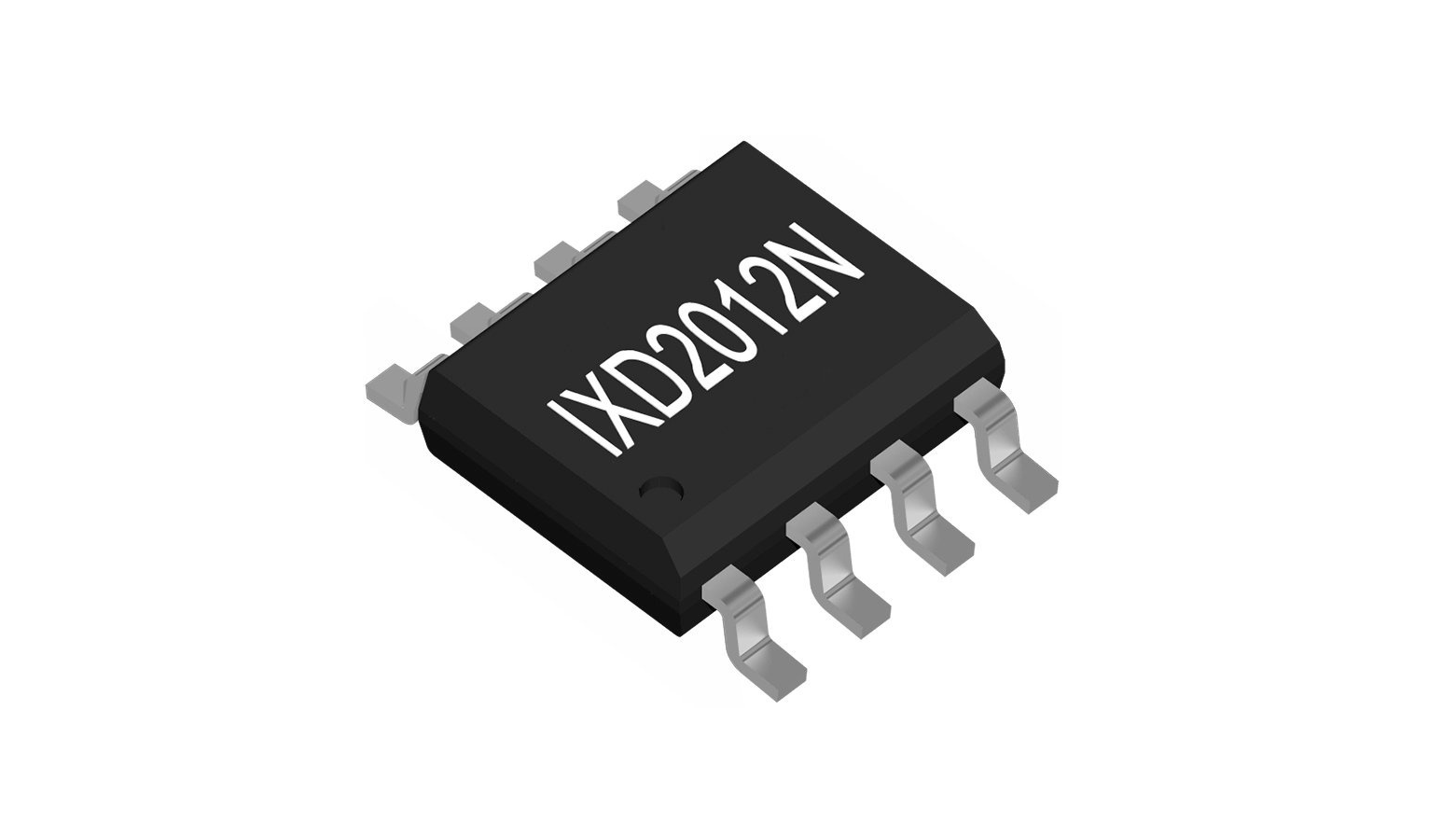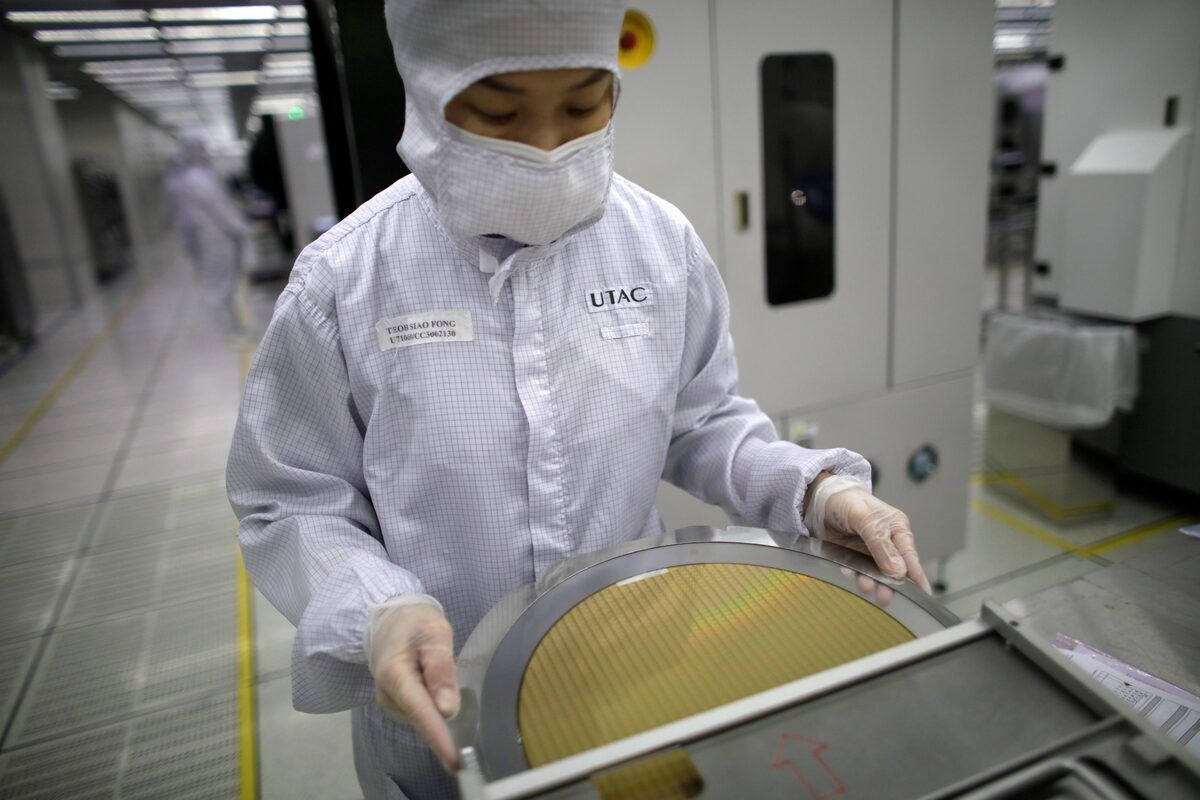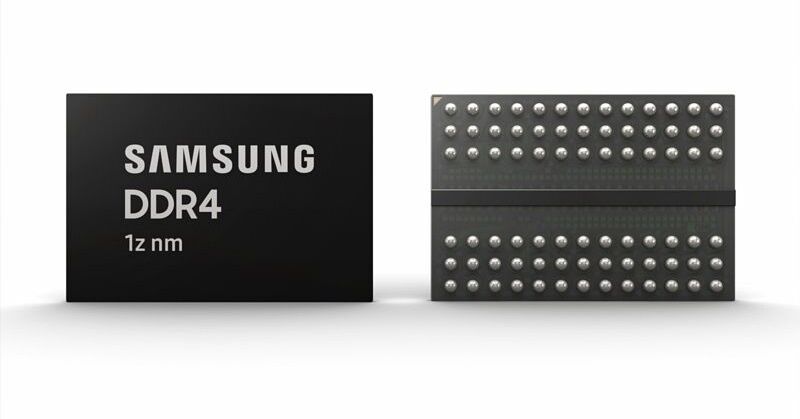January 20, 2025 /SemiMedia/ — The Japanese government plans to invest approximately 160 billion yen ($1 billion) to support its chip design industry, shifting focus from production to upstream development to compete with China and the United States.
The Ministry of Economy, Trade, and Industry (METI) will provide five years of funding for projects led by tech companies, startups, and universities, targeting the development of advanced chips for AI, data centers, wireless base stations, autonomous vehicles, care robots, and energy-efficient designs. This funding will cover costs for expensive electronic design automation (EDA) tools, personnel expenses, and prototype development.
Japan holds a small share in the global chip design market. According to a 2024 survey by the Semiconductor Industry Association and Boston Consulting Group, U.S. companies control 51% of the market, while Japan accounts for only 9%. Additionally, Japan lags behind China’s 3% market share in EDA tools and core intellectual property.
Since 2021, Japan has approved approximately 3 trillion yen in funding to support semiconductor manufacturing, aiding companies like TSMC, Kioxia Holdings, and Rapidus. This latest investment in chip design aims to localize capabilities, mitigate risks from supply chain disruptions, and enhance economic security.
As the U.S. tightens semiconductor export controls to China, Japan’s increased investment in chip design is part of its strategy to secure a competitive position in the global semiconductor race.












All Comments (0)